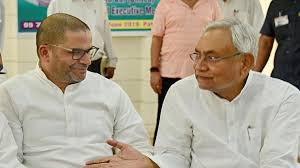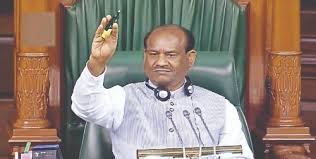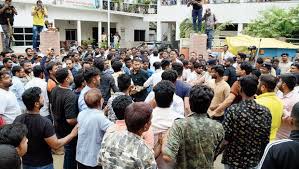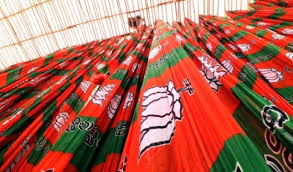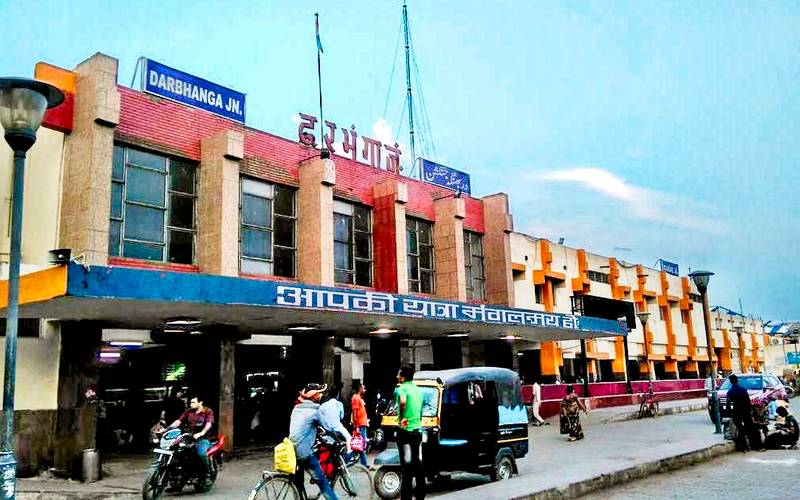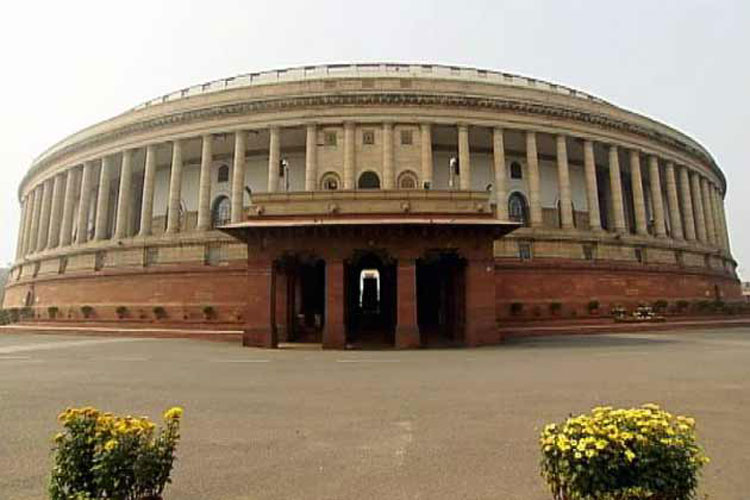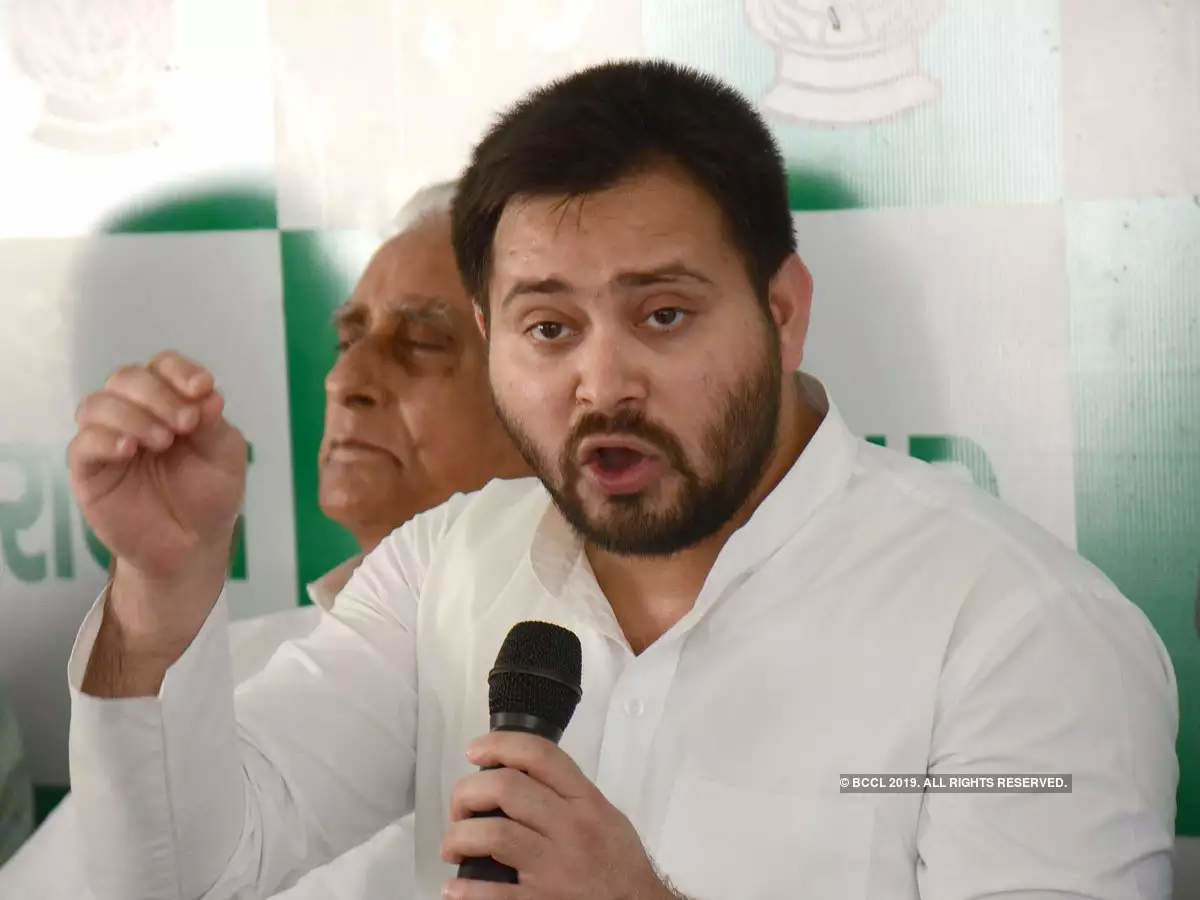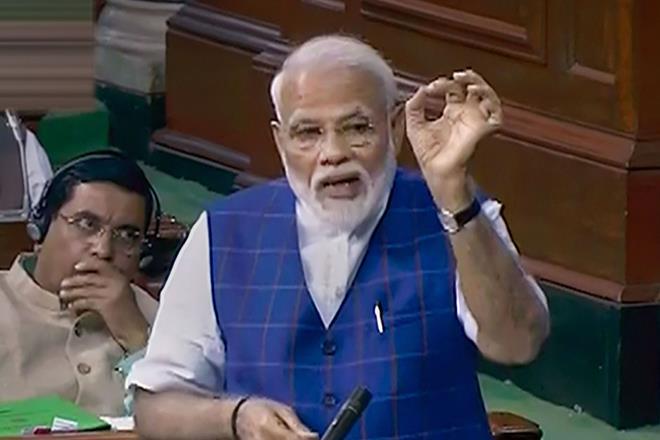Source: hindustantimes.com
Janata Dal (United) national president and Bihar chief minister Nitish Kumar is all set to launch party’s election campaign in poll-bound Jharkhand on August 25. Mega preparations are on in the state’s capital city by the party workers to welcome Kumar, who would be holding a meeting with around 2,000 leaders from across Bihar during his four hours stay on Sunday.
Assembly elections are due in Jharkhand later this year. The state carved out of Bihar in 2000 has remained a traditional BJP stronghold. The opposition led by Jharkhand Mukti Morcha (JMM), however, has had its brief share of power on more than one occasion with the JMM patriarch Sibu Soren and his son Hemant Soren – currently the party’s executive head – serving as chief ministers of the state thrice and once respectively.
The JD(U) since its formation in 2003 had remained in the BJP-led National Democratic Alliance (NDA) across states including Jharkhand, expect from June 2013 to August 2017, when the party switched to Rashtriya Janta Dal-led Grand Alliance (GA) in Bihar. The party, which had won six out of the 81 assembly seats in 2005, doesn’t have any presence in the state legislature as of now and its organisational strength has been fading with each passing year.
However, buoyed by its recent successes in the Lok Sabha polls when it won 16 out of the 17 seats it had contested in Bihar followed by the triumph in Arunachal Pradesh – where JD(U) went on to become the second largest party winning seven seats, the JD-U is now striving hard for Jharkhand assembly polls to build up on its push to become a strong national party.
“Nitish Kumar’s scheduled visit on Sunday has already set eye-balls rolling in Jharkhand’s political circles. The state badly needs Kumar’s model of development and we are confident that we will make a difference with or without any alliance in the coming polls,” said JD-U Jharkhand president and former BJP parliamentarian, Salkhan Murmu.
JD-U had contested the Lok Sabha polls in Bihar in alliance with BJP and also intends to contest the 2020 assembly polls under the NDA. However, during the recently held party’s executive committee meeting in Patna, the party leaders announced that outside Bihar they would go solo in all polls.
In Jharkhand, if JD(U) fails or refuses to bridge an alliance with any party, it would be pitted against a strong NDA – comprising BJP and All Jharkhand Students Union (AJSU) and a resolute Grand Alliance (GA) comprising JMM, Congress, Jharkhand Vikas Morcha-Prajatantrik (JVM-P) and the left.
The party leaders, both in Patna and Ranchi, are unperturbed by the prevalent political combinations. Influenced from Rajya Sabha deputy speaker Harivansh in the state and backed by expertise of poll strategist Prashant Kishore, whose teams have been working clandestinely in all 24 districts for last six months, JD(U) leadership is confident of altering all the set poll equations.
“Our party vice-president, Prashant Kishore’s teams have done extensive ground work and have found out that there exists immense potential for JD(U) to make headway in the neighbouring state,” said a senior JD(U) leader requesting not to be quoted.
Though the party has announced to contest all 81 seats, it may scale down to 35 seats or even less after Kumar’s meeting with local leaders and office bearers, leaders, adding, they would field candidates in constituencies where they stand a chance to win or give a tough fight.
According to the insiders, the party would focus on constituencies with high Kurmi voters’ percentage. Several disgruntled Kurmi leaders associated with other parties are being lured to join JD(U).
Shailendra Mahato, vice-president of JD(U) unit in Jharkhand, said that among others, Kumar would be accompanied by Kishore, Member of Parliament Lallan Singh, Bihar welfare minister and Jharkhand in-charge Ram Sevak Singh and general secretary Arun Kumar Singh.
“Our national president would be in Gaya on August 24 where he would stay back overnight. Next morning after breakfast, he will leave for Ranchi by road and hold crucial meetings till 5 pm before he departs for Patna by the evening flight,” he said.
Nand Kishore Yadav, BJP’s Jharkhand co in-charge, said that JD(U)’s foray into Jharkhand assembly polls does not affect his party much as JD(U) has contested polls independently in several states. “Our alliance with them is only in Bihar. We do not have anything to do with their decisions,” he said.
